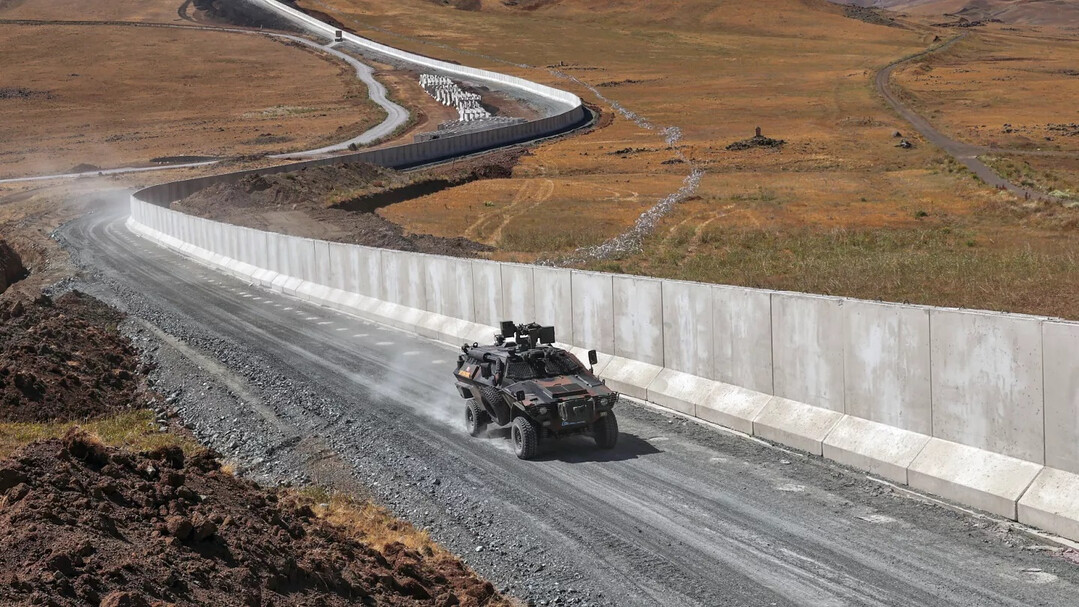
Edirne, Turkey – Turkey has announced plans to construct an 8.5-kilometer (5.2-mile) wall along its western border, adjacent to Greece, in an effort to curb the influx of migrants attempting to reach European Union member states. The announcement, made by Yunus Sezer, the governor of Edirne province, marks a significant shift in Turkey's border security strategy for its western frontiers.
This initiative comes as neighboring Greece and Bulgaria have already erected substantial barriers along their respective borders with Turkey. The new wall will be the latest in a series of border security measures Turkey has implemented, following similar constructions along its borders with Iran and Syria.
"For the first time, we will take physical security measures this year on our western border," Governor Sezer stated to reporters. He emphasized that the initial 8.5-kilometer segment is planned to be built along the Greek border, with the potential for expansion based on future assessments of the situation.
Turkey shares a roughly 200-kilometer (120-mile) land border with Greece, largely defined by the Evros (Meriç) River. The region has become a focal point for migrant crossings, prompting Greece to construct its own barriers. In 2012, Greece erected two 3-meter-tall barbed wire fences along 11 kilometers of its border, a measure that has since been expanded. Greek Prime Minister Kyriakos Mitsotakis has publicly committed to extending the fence to over 100 kilometers by 2026, underscoring the ongoing tensions and migration pressures in the region.
Similarly, Bulgaria constructed a 30-kilometer razor wire fence along its border with Turkey in 2014, later extending it to cover nearly the entire 259-kilometer border. These actions reflect a broader trend within the EU to fortify external borders in response to migration challenges.
Turkey's western coastal areas also serve as a key departure point for migrants attempting to reach the Greek islands in the Aegean Sea. This maritime route remains perilous, as evidenced by a recent incident in February where six migrants drowned after their boat capsized off the Turkish coast, while 27 others were rescued by the Turkish Coast Guard.
The construction of this new border wall by Turkey signals a hardening stance on migration management and reflects the complex geopolitical dynamics of the region. The effectiveness of such barriers in deterring migration flows and the potential humanitarian implications remain subjects of ongoing debate.
The project is expected to begin soon, with local authorities working to finalize the logistics and implementation details. The development is being closely monitored by both EU officials and human rights organizations, who are concerned about the potential impact on migrants seeking refuge.
[Copyright (c) Global Economic Times. All Rights Reserved.]





























